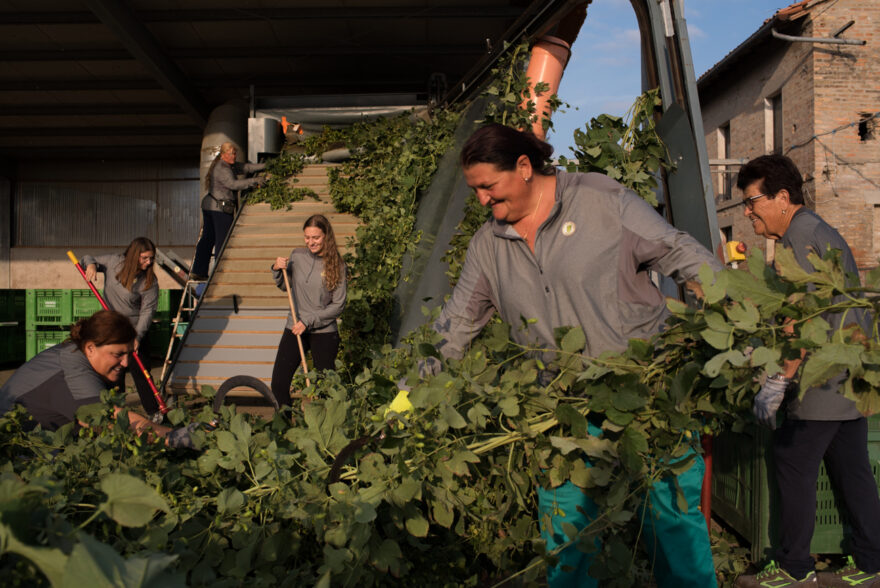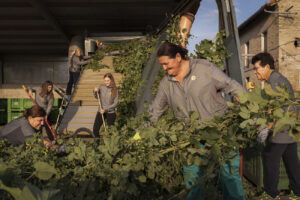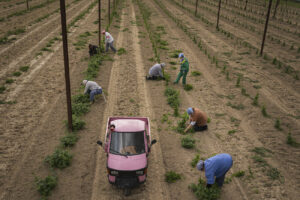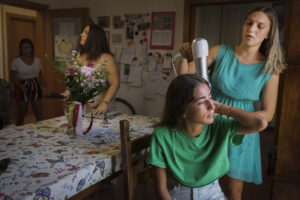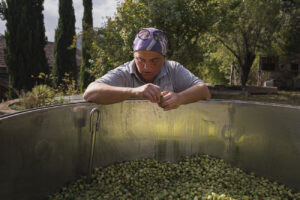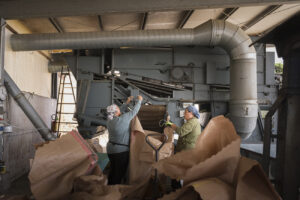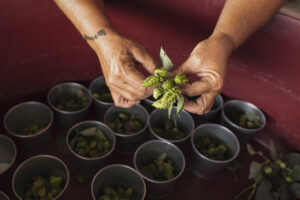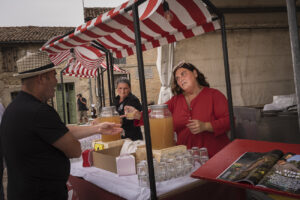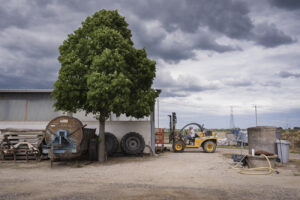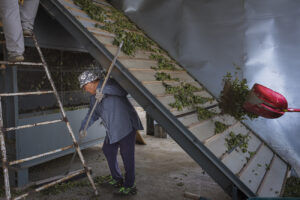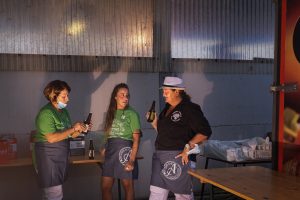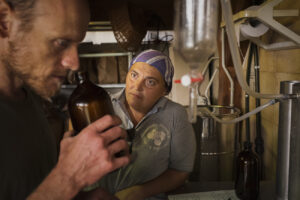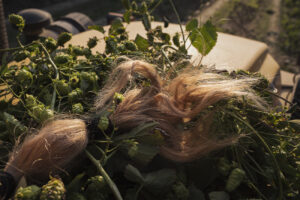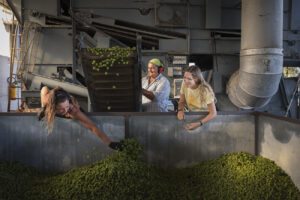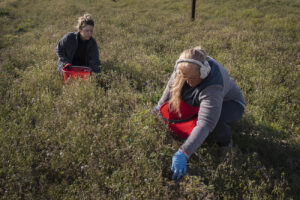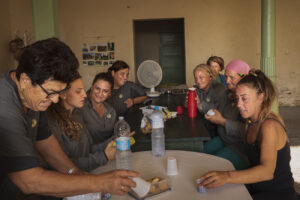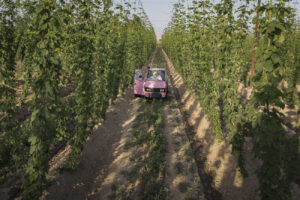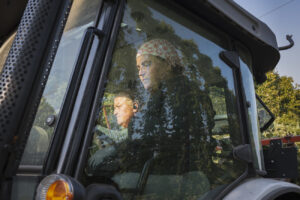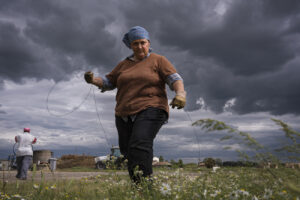PINK HOPS
PINK HOPS is a survey on the introduction of hops cultivation in Italy by a family of women who, having inherited the farm from their father, decide to get involved by experimenting with an innovative and sustainable agribusiness at Grattacoppa near Ravenna. Currently 98% of the hops (Humulus lupulus L.) used in Italy is imported from Germany and the United States which are the largest producers in the world.
The Cooperative’s philosophy is sociality with a female gaze aimed at enhancing the territory through the development of transversal projects in the transformation of hops. This perspective has allowed the company to become the leader of a research project on Italian hops with the scientific support of the University of Parma and funded by the Emilia-Romagna Region.
With the awareness that this new circular bio-economy, which provides for the reduction of the use of pesticides and fertilizers, the reuse of waste, the rationalization of water, the traceable supply chain will allow these ‘digital farmers’ women to face the great challenge of sustainability environmental according to the path traced by the EU Green New Deal. Perhaps it is no coincidence that only the female flower rich in lupulin is used in the processing of hops.
PINK HOPS
PINK HOPS è una indagine sulla introduzione della coltivazione del luppolo in Italia da parte di una famiglia di donne che ricevendo in eredità dal padre l’azienda agricola decidono di mettersi in gioco sperimentando un innovativo e sostenibile agribusiness a Grattacoppa (RA). Attualmente il 98% del luppolo (Humulus lupulus L.) utilizzato in Italia viene importato da Germania e Stati Uniti che sono i maggiori produttori mondiali.
La filosofia della Cooperativa è la socialità con uno sguardo femminile rivolto alla valorizzazione del territorio attraverso lo sviluppo di progetti trasversali nella trasformazione del luppolo. Quest’ottica ha permesso all’azienda di diventare capofila di un progetto di ricerca sul luppolo italiano con la consulenza scientifica dell’Università di Parma e finanziato dalla Regione Emilia-Romagna.
Con la consapevolezza che questa nuova bio-economia circolare, che prevede la riduzione dell’uso di agrofarmaci e fertilizzanti, il riutilizzo degli scarti, la razionalizzazione idrica, la filiera tracciabile permetterà a queste donne ‘digital farmer’ di affrontare la grande sfida della sostenibilità ambientale secondo il percorso tracciato dal Green New Deal UE. Forse non è un caso se nella lavorazione del luppolo, si usa solo il fiore femminile ricco di luppolina.
